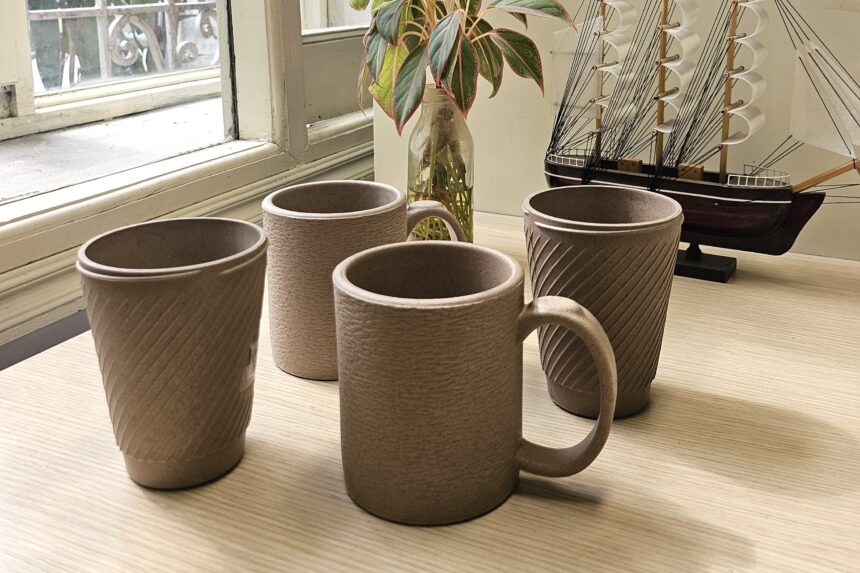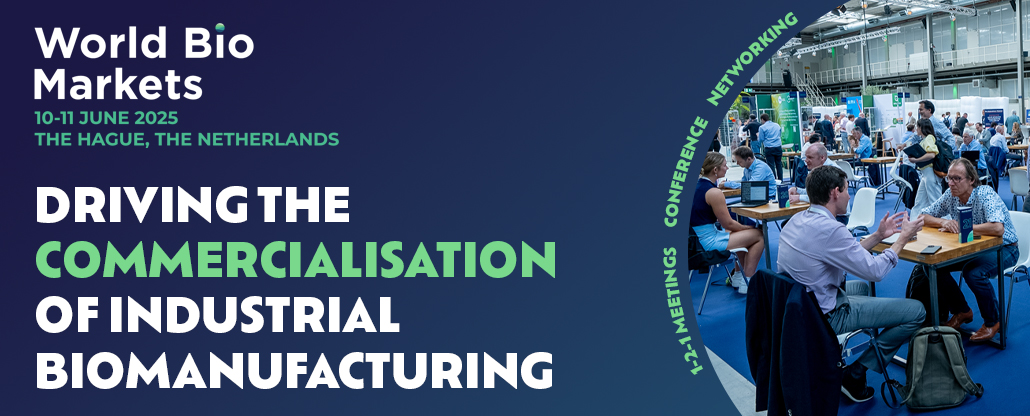Helvetas Vietnam and AirXCarbon have joined forces in a new initiative to convert cocoa husks into bioplastic materials. This project, funded by the EU under the “Circular Economy Cocoa” initiative (2022-2026), addresses agricultural waste and plastic pollution in Vietnam. The primary goal is to produce biobased plastic granules from cocoa husk powder for consumer products and packaging.
Researchers have developed two bioplastics: Cocoa-PP (polypropylene-based) and Cocoa-PLA (polylactic acid-based). These offer eco-friendly alternatives to conventional plastics, which take centuries to decompose.
In Vietnam, cocoa farmers generate about 50,000 tons of cocoa husks annually, largely unutilized and contributing to environmental issues. While some is used for compost or feed, most is discarded. With expanding cocoa cultivation, effective waste management solutions are crucial. The EU-funded project aims to convert these husks into biodegradable packaging, mitigating both agricultural and plastic waste impacts and reducing reliance on fossil fuels.
Cocoa husks, rich in carbohydrates and lignin, are suitable for bioplastic production. They also contain proteins and minerals that enhance material stability and biodegradability. Cocoa-PP blends polypropylene with cocoa husk powder, creating granules with up to 51% agricultural waste while maintaining traditional plastic strength. Cocoa-PP products have an approximate five-year lifespan.
Cocoa-PLA combines polylactic acid with cocoa husk powder for biodegradable single-use materials, offering a sustainable option for food and beverage packaging. AirXCarbon’s CEO, Mr. Le Thanh, emphasized the environmental benefits of Cocoa-PP and Cocoa-PLA in reducing fossil fuel dependence and providing sustainable alternatives.
Economically, Cocoa-PP is cost-effective for reusable items, while Cocoa-PLA caters to the demand for premium biodegradable materials. A Cocoa-PP cup costs about 1 USD, making it an attractive solution.
This partnership exemplifies circular economy principles, converting waste into valuable bioplastics, minimizing environmental impact, and creating innovative products.
Biodegradable pallets from cocoa shells are also being developed as alternatives to traditional wood. This collaboration marks significant progress in sustainable material innovation, addressing waste and pollution, enhancing the cocoa supply chain’s sustainability, and positioning Vietnam as a leader in circular economy practices.






